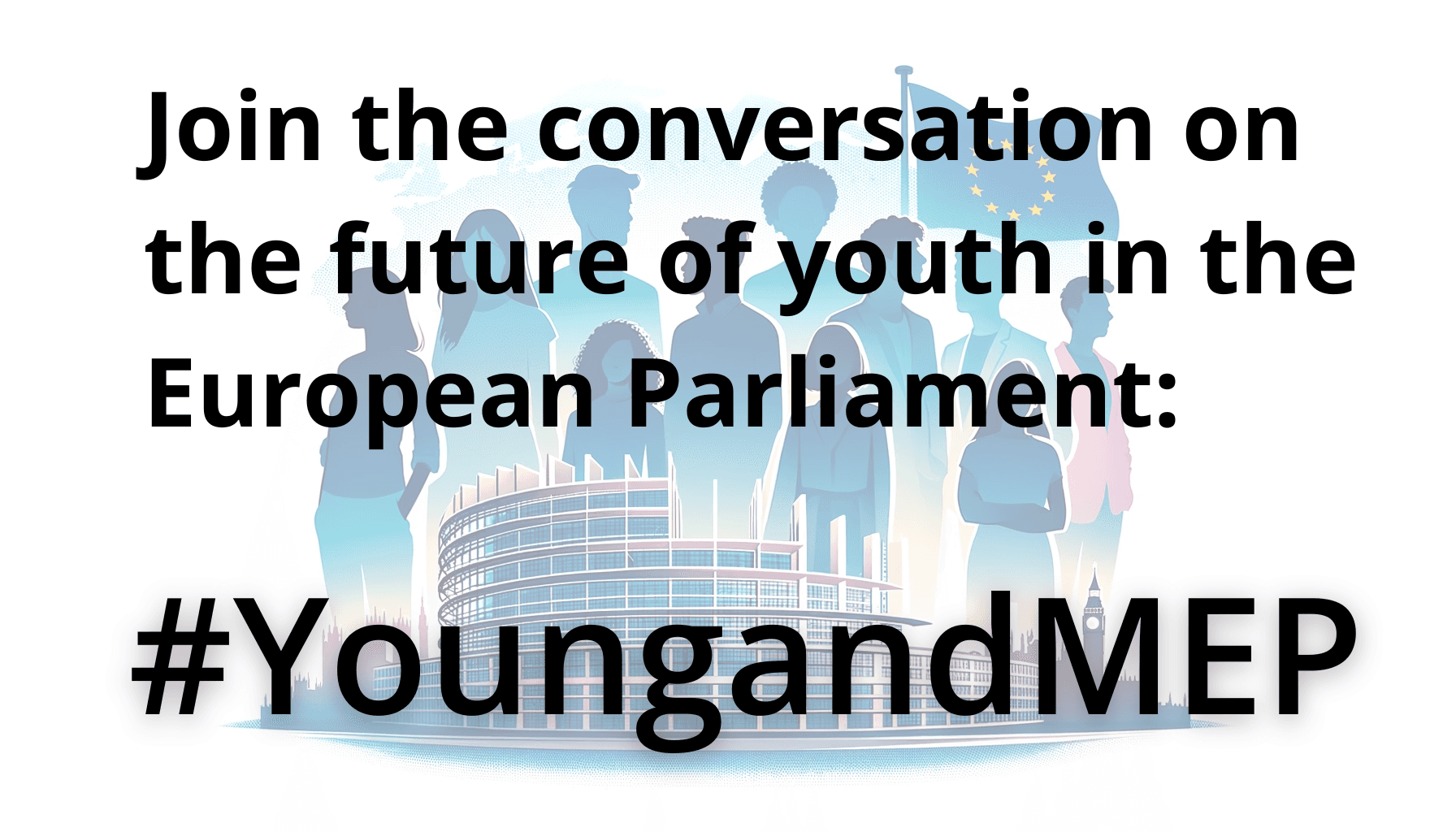Looking back at the last legislative term, what were the most significant achievements or challenges you faced as a young member of the European Parliament?
Definitely the EU's climate law. As a young policymaker, the climate crisis is something that really concerns me and my peers. I was thus very proud when the parliament announced that we had a Climate Emergency in 2019, and followed with legislation. Of course, the current climate laws of the EU are far from sufficient, but it is an important step in the right direction.
How do you think your age and generational perspective have influenced your work and decision-making in the European Parliament? Can you provide examples of issues where your perspective differed from older colleagues?
I think my generation is more aware of the fact that we need to have a sustainable planet, not only for the next 20 years, but also for the next 80+ years to come. So I definitely see a difference in how we perceive the urgency of the green transition.
We are also more aware of the fact that we are facing enormous challenges in regard to the economy and the labour market.
National parties need to make room for younger people on their candidate list and support them in reaching office.
Have you encountered any obstacles or biases in the European Parliament based on your age?
Overall, I think the parliament is a great place to be a young policymaker. Of course, we all have prejudices, and if people don't know me, they sometimes initially believe I am an intern or an MEP that they can just bulldoze. But once they get to know me, I feel like I am respected and listened to in the same way as my older colleagues.
What are your expectations and priorities for the upcoming legislative term in the European Parliament? Are there specific issues or policies that you believe require urgent attention, especially from a youth perspective?
Again, it's the green transition. We see huge backlashes from rightwing politicians, and as a young person, this really scares me.
Furthermore, the backlash against fundamental rights is something that requires urgent attention.
In light of recent youth-led movements and activism across Europe, such as climate strikes and social justice movements, how do you see the role of young MEPs in amplifying these concerns and translating them into policy actions at the European level?
I think having a diverse parliament is important to ensure everyone feels represented. Furthermore, I think young policymakers have a better opportunity to communicate what we do in the EU and bring youth movements and young activists to the decision-making table.
How do you see the overall representation of young people in the European Parliament? What reforms or changes would you advocate for to enhance the representation and voice of young MEPs in the future?
It's somewhat good, and we have many young MEPs doing fantastic work. However, we are not there yet.
I think the task lies very much with the individual national parties. They need to make room for younger people on their candidate list and support them in reaching office.
The most important files Peter-Hansen worked on for the last legislative term 2019-2023:
EU's Climate law and specifically the Social Climate Fund and the Just Transition Fund
Digital Market Act (DMA), Digital Service Act (DSA) and AI Act
Read more on EUobserver:
Firms will have to reveal and close gender pay-gap
Eight years until EU fixes equal pay for women?
Thunberg dubs new EU climate law 'a surrender'


